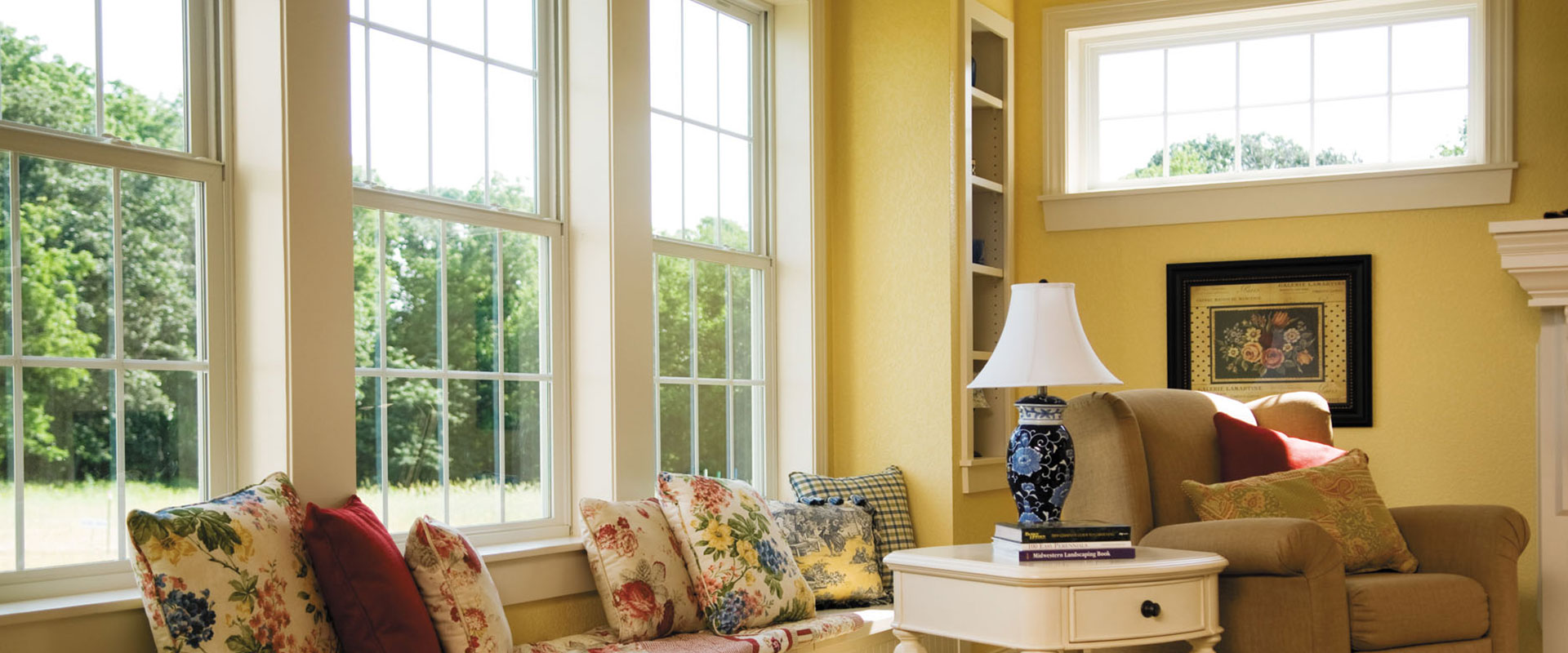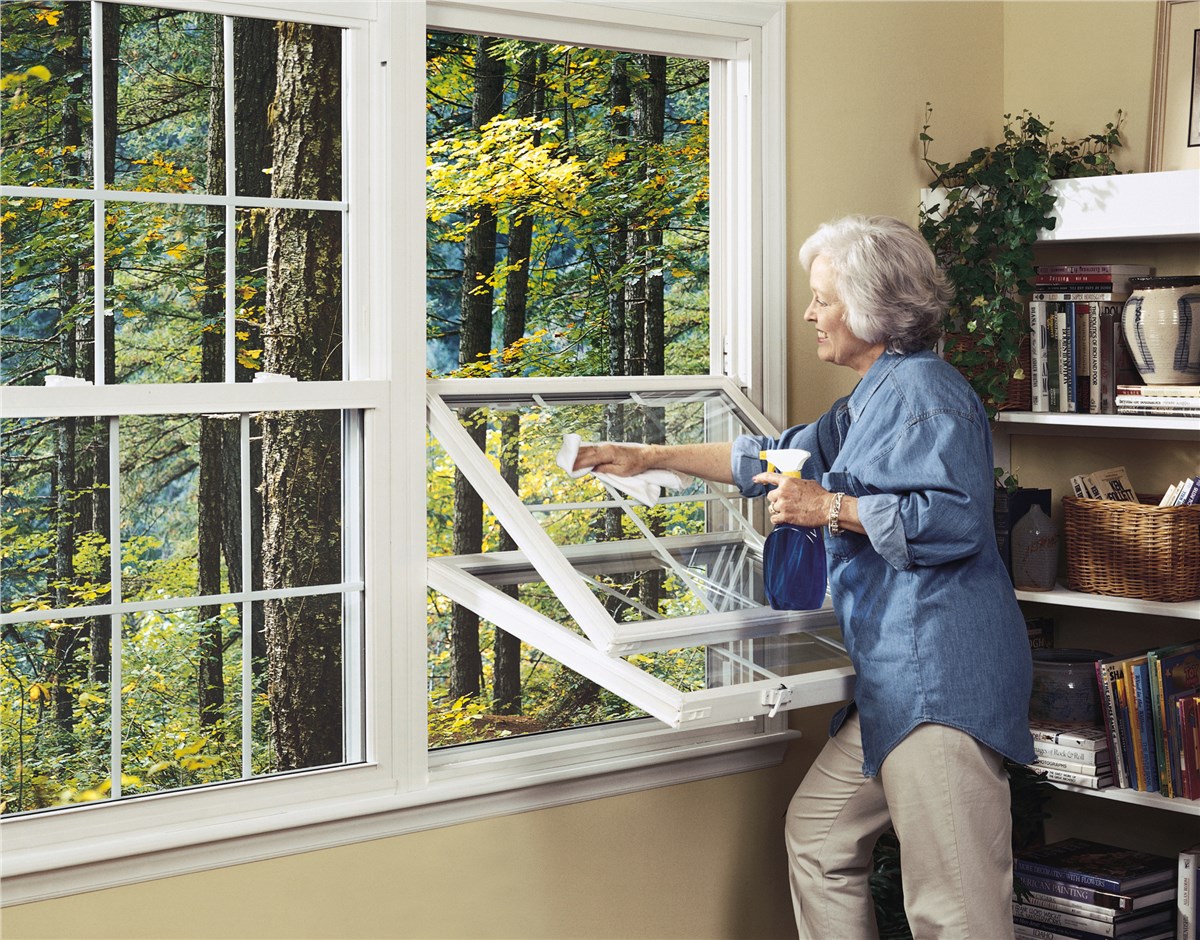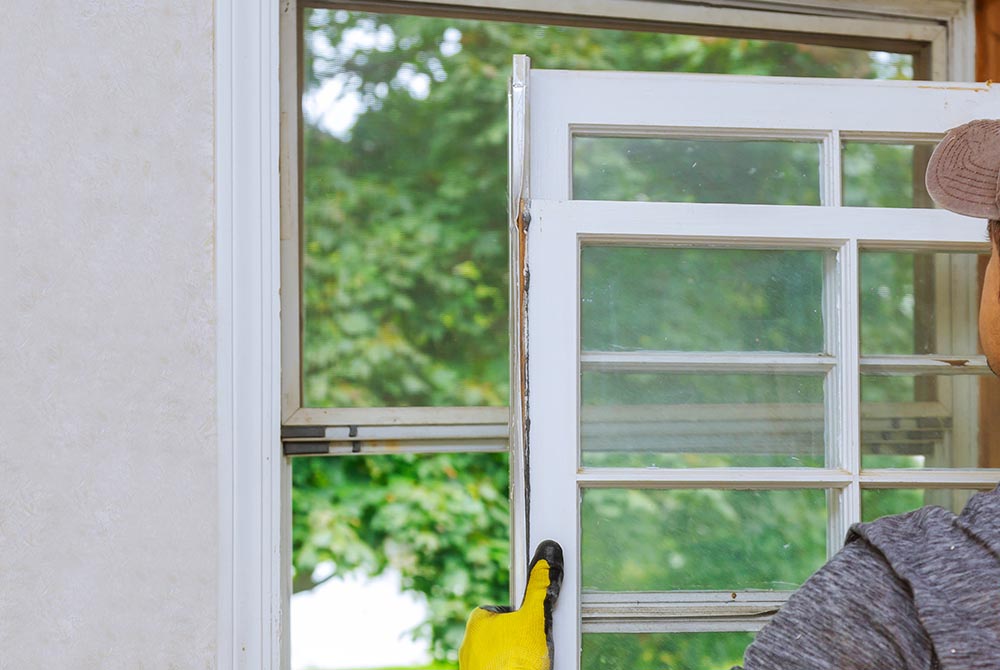Upgrade Your Home With Energy-Efficient Window Substitutes
In the world of home enhancement, the choice to upgrade to energy-efficient window substitutes can substantially impact both the capability and visual appeals of a house. Past the surface degree of simple appearances, energy-efficient windows offer a plethora of benefits that go past mere curb appeal.
Benefits of Energy-Efficient Windows

The setup of energy-efficient home windows provides considerable financial savings on utility expenses while boosting ecological sustainability. In addition, energy-efficient windows can assist manage moisture levels within the home, decreasing the danger of mold and mildew and mold growth.
Beyond the monetary benefits, energy-efficient windows add to environmental sustainability by reducing carbon discharges connected with energy production. Overall, investing in energy-efficient home windows not just boosts the convenience and effectiveness of a home but also lines up with ecologically mindful practices.
Types of Energy-Efficient Glass
Different sophisticated types of energy-efficient glass offer distinct residential or commercial properties that provide to various demands and preferences in enhancing the sustainability and effectiveness of buildings. Triple-pane glass, being composed of three layers of glass with insulating gas in between them, gives enhanced thermal insulation, making it extremely energy-efficient. Additionally, self-cleaning glass with a special layer that damages down and loosens up dirt when exposed to sunshine can decrease upkeep demands and maintain windows looking tidy.
Aspects to Consider When Selecting
When contemplating energy-efficient home window replacements, it is essential to meticulously analyze particular variables that align with your sustainability objectives and wanted energy financial savings. One essential variable to think about is the home window's energy performance rankings, such as the U-factor and Solar Warmth Gain Coefficient (SHGC) The U-factor procedures how well the home window shields, with lower numbers showing better insulation, while the SHGC shows the home window's ability to obstruct heat from sunshine. Furthermore, the home window structure material plays a considerable role in energy efficiency. Materials like fiberglass, plastic, or timber with thermal breaks are outstanding options for reducing warm transfer. An additional important factor to consider is the home window design and orientation worrying sunshine exposure. Choosing the right home window design and tactically positioning them can maximize natural light while minimizing warm gain or loss. Lastly, installment high quality is essential to making sure the windows do as intended. Proper setup assists stop air leak, making certain optimum energy performance. By meticulously reviewing these elements, you can choose energy-efficient windows that enhance comfort, lower power expenses, and benefit the environment.
Installment and Upkeep Tips

Routine upkeep is crucial to maintaining the effectiveness of your energy-efficient windows. Inspect the weather-stripping and seals for any kind of gaps or rips and change them if required to keep the windows' energy efficiency. Richmond window replacement.
Additionally, oil moving components such as joints and locks to guarantee smooth procedure. By adhering to these setup and maintenance suggestions, you can boost the energy efficiency of your home and lengthen the life-span of your energy-efficient windows.
Cost-Benefit Analysis of Upgrading

Energy-efficient windows are made to reduce warm transfer, lowering the need for heating and cooling systems to burn the midnight oil. This can result in significant financial savings on power costs, specifically in areas with extreme temperature levels. Furthermore, energy-efficient windows can boost the general value of your home, making it extra appealing to possible customers if you choose to sell in the future.
When computing the cost-benefit analysis, consider the prospective savings on Find Out More power bills, any kind of offered incentives or refunds, and the life-span of the home windows. While the initial expense might be higher, the lasting cost savings and advantages of energy-efficient windows make them a wise investment for house owners wanting to boost their building's energy performance and value.

Final Thought
Finally, upgrading to energy-efficient window substitutes supplies numerous benefits such as lowered power consumption, raised convenience, and price savings. By selecting the appropriate sort of energy-efficient glass and taking into consideration factors like framework material and index setup, homeowners can make best use of the performance of their windows. Routine maintenance and correct setup are vital for lasting efficiency. Generally, the cost-benefit evaluation of updating to energy-efficient home windows shows that the first financial investment can lead to considerable financial savings in the future.
When pondering energy-efficient window substitutes, it is essential to thoroughly assess particular factors that align with your sustainability goals and preferred energy savings. The U-factor measures how well the window insulates, with lower numbers indicating far better insulation, while the SHGC indicates the window's capacity to block warmth from sunlight. By thoroughly examining these elements, you can pick energy-efficient home windows that enhance convenience, reduce power prices, and benefit the environment.
While energy-efficient home windows may have a higher in advance expense contrasted to traditional windows, the long-lasting advantages frequently surpass the initial financial investment.In verdict, my link updating to energy-efficient home window substitutes uses many advantages such as lowered power intake, raised convenience, and cost financial savings.